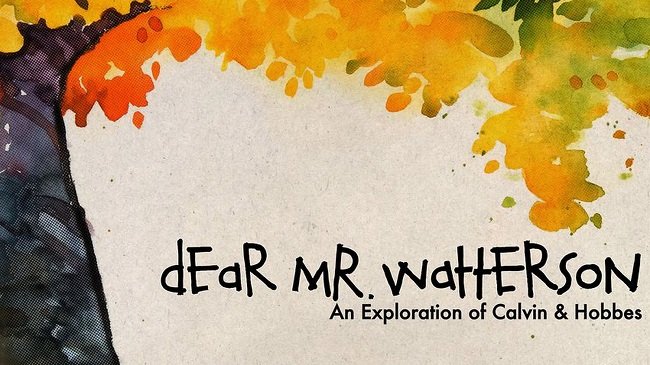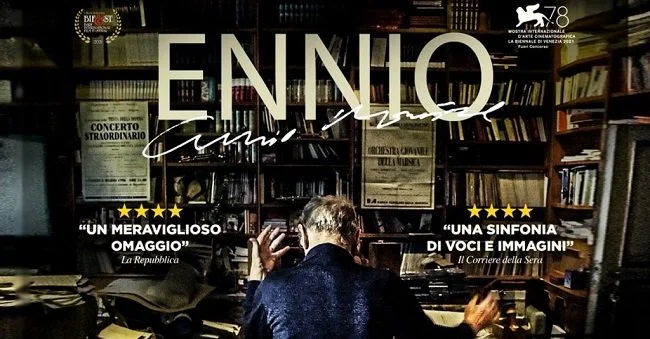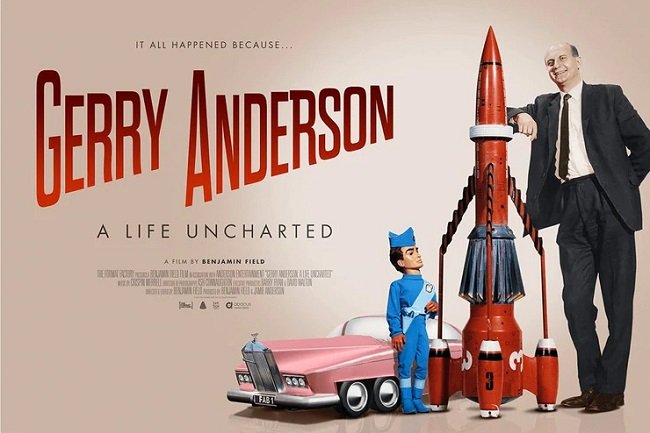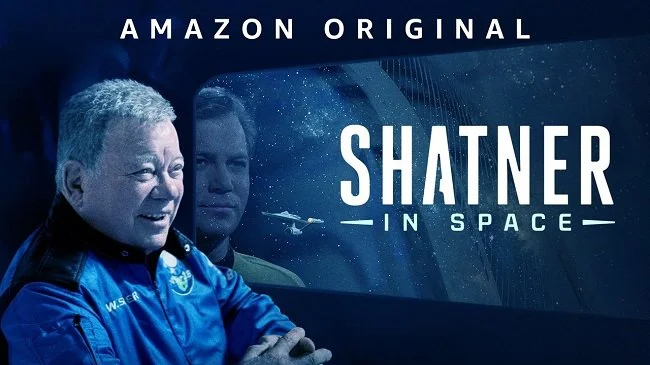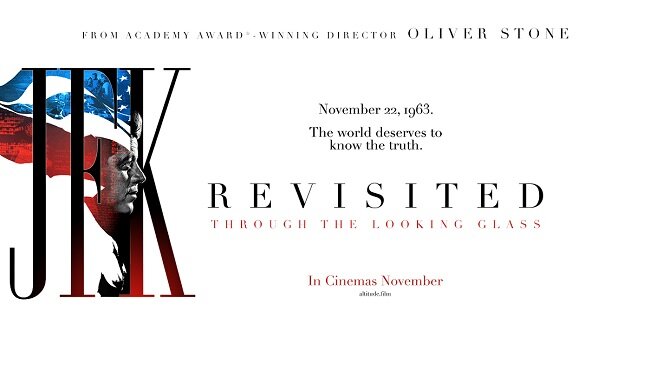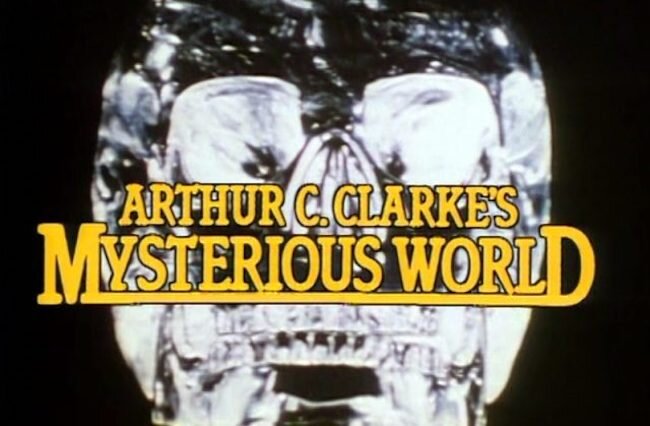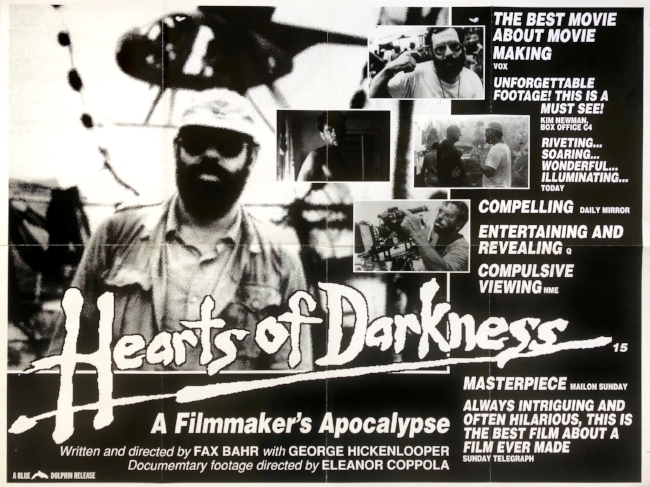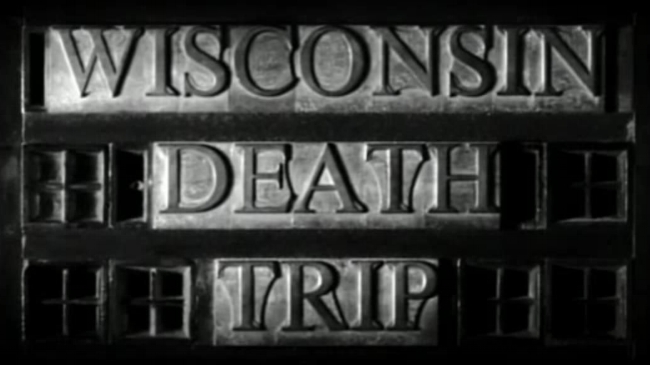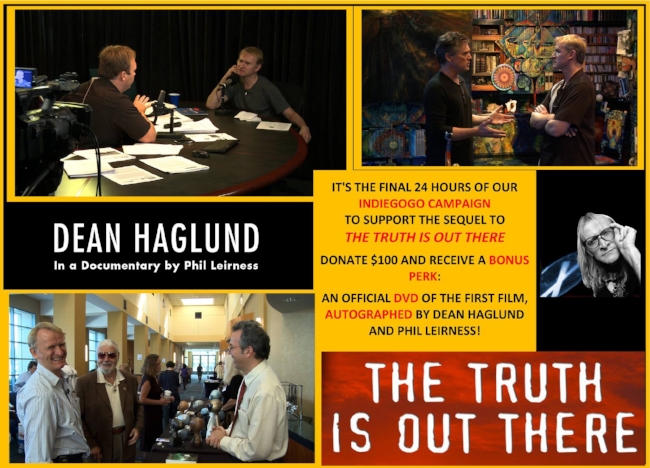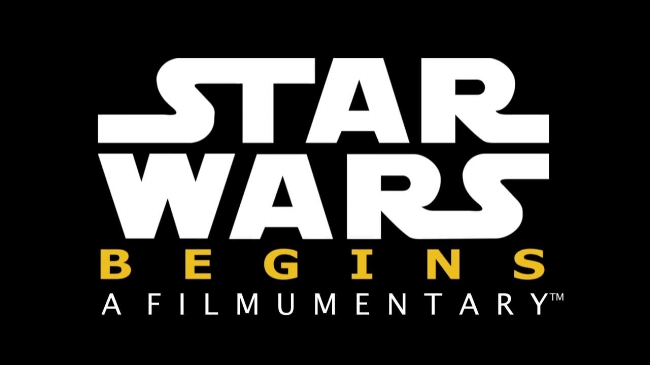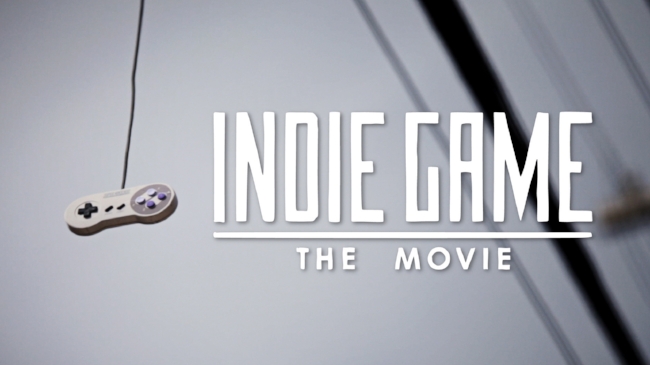Kurt Vonnegut: Unstuck in Time (2021)
“Kurt Vonnegut: Unstuck in Time” is a sprawling, non-linear eulogy to the to the life of writer Kurt Vonnegut, by Emmy-winning director Robert B. Weide (“Curb Your Enthusiasm”), who was a friend of Vonnegut's throughout the last 25 years of his life. Weide himself features heavily throughout the two hour running time, which is something Weide says he usually hates in documentaries. However, what unfolds is a story of a documentary maker who wanted to film his idol and was granted an opportunity to do so in the early eighties. The project was never completed and both Weide and Vonnegut continuously returned to it over the years as their friendship grew, leading to Weide eventually becoming Vonnegut’s personal archivist. However, despite this curious relationship, this is still very much a film about Kurt Vonnegut, the author, the social commentator and the man. It becomes quite clear why he is considered one of the most important writers of the 20th century.
“Kurt Vonnegut: Unstuck in Time” is structured very much like Vonnegut's writing; deliberately fragmented and very self-aware. At times it takes a chronological approach and at others, leaps forward to future events and highlights this by showing Weide editing the very documentary on his computer. We do get to learn about Vonnegut’s youth, family and other key aspects of his life as the documentary lapses into a classic PBS approach to its subject. It takes a while to get to the matter of his experiences in Dresden in World War II and despite his irreverent tone, it is clear that this part of his life is key to his mindset and philosophy in later life, as well as his emotional well being. All of which paints a very interesting and broadly favourable portrait of the man. Which makes it all the more jarring when he leaves his wife shortly after achieving the success in which her support is instrumental.
Where “Kurt Vonnegut: Unstuck in Time” excels is in examining the wealth of material regarding Vonnegut’s writing. We see first draft, typewritten manuscripts complete with handwritten revisions that clearly show the author refining his style and process during his early years. Correspondence and then later, answerphone messages provide further insight to the author’s struggle to commit his work to the page and the birth of his alter ego, Kilgore Trout. As the documentary progresses, over time Vonnegut becomes very comfortable talking about himself to Weide. He clearly shows he is someone who relishes his relationship with his audience and the opportunity to “perform”. There is some compelling footage of talks and lectures in which Vonnegut effortlessly engages with fans and riffs off their questions and adulation. Not every author requires the love of his readers but it clearly was integral to Vonnegut’s pathology.
Overall, any gaps in the history of Kurt Vonnegut or self-indulgent asides are subordinate to this documentary’s sincere and honest analysis of Vonnegut's World War II experiences. His initial denial of the significance of his time as a P.O.W. is ultimately overturned after writing “Slaughterhouse Five” and the documentary takes great pains to stress the cathartic nature of this undertaking. His disgust of war subsequently boiled over again during the second Bush administration and the subsequent invasion of Iraq. Vonnegut despised the use of patriotism as a political tool and subsequently wrote a series of opinion pieces for “In These Times” magazine which became the foundation for his final major work “A Man Without a Country”. Robert B. Weide’s ““Kurt Vonnegut: Unstuck in Time”” is a loving tribute to a dear friend as well as an analysis of a cultural icon. It’s important to appreciate the former while addressing the latter. There may well be future documentaries about Vonnegut that are more objective but they’ll not be as personal as this one.



